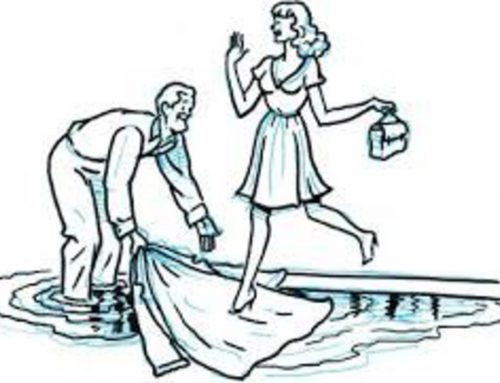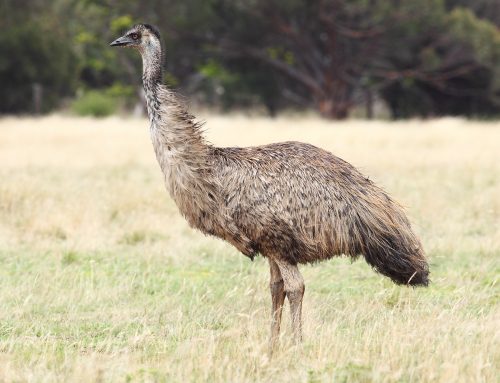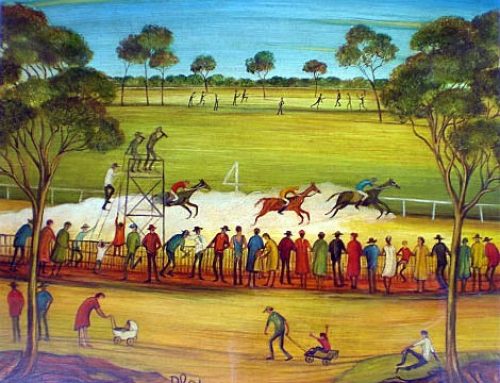Welcome to Mary Groves author of the bush memoir An Outback Life. In keeping with the rise of rural literature in Australia, Mary found her work quickly taken up for publication and like many authors (albeit non-fiction in Mary’s case) working within the genre, she is appreciative of the renewed interest in all things rural. I met Mary virtually when we found ourselves in a recent Herald Sun Arts interview and happily she agreed to answer some brief questions.
Hi Nicole, thank you for your invitation to take part in your blog and to explain a little about my book An Outback Life.
I guess the best part of my story begins when I left Melbourne with my parents who ventured north to the territory in search of a new life. My mothers asthma was the main reason for that. My parents had bought the general store at the little blink and you miss it town of Mataranka about 6 hours drive from Darwin up the Stuart Highway. Being adolescent I was always dreaming of an escape to a more exciting life style but had no real design on what I was after, as long as it was out of the store at Mataranka. Through the store, I met and eventually fell in love with a rodeo rider, come drover, come stockman and my life certainly became exciting. Perhaps this is a perfect example of why you should always be careful what you wish for. When people ask me where I lived in the Territory, my usual reply is, anywhere North of Tennant Creek. I counted around 27 different properties that we had been on over my 40 years in the NT. We were livestock contractors and pastoralists and hunted feral animals for a living for the most of our lives. Prices Springs and Woolner were the 2 properties that we owned, other than that we managed or mustered other properties on a contract basis.
Originally it was my mother who instigated this book so that this period of Australian history could be recorded. Because the pace of the past 50years has slipped by so fast, that looked like a probability. I was very uncomfortable about writing but mum had me promise on her death bed to complete it and so it came to pass. I would have given it away on many occasions had it not been for that promise. I never had the ambition to become an author but decided if I was going to do it , it would be done my way. My input into the book was mainly has a guide for younger people to show that they can survive under whatever circumstances they may find themselves. If I can empower one individual then my effort is worthwhile.
Did I find the writing cathartic? When I think back I guess I did. I suppose I lost any inhibitions I had about exposing my private self publicly. I now realise that we all have the same emotions, just wrapped in different packages. I suppose the catharsis was in the collating. Things that I found were issues in previous writings became insignificant in the final draft. The great adage, if in doubt, leave it out was my main tool in the final draft. I have also endeavoured to show the story instead of telling the story and I think this is why it is so popular. The book is nothing like the original manuscript. The more I persevered, the more it took shape until finally I was ready to give it birth. When the final draft was completed and I sent it off to the first publisher it was taken up straight away so I am fortunate that I didnt have the long hard slog to sell.
The place I live now is nothing like I lived in the NT. Although it is a little rural block in a rural area, it has all the mod-cons I need and is finally a place I can really call home. I have my family close by and so I couldnt be happier in my retirement. At least I was retired as I am on to my second book now and enjoying it, I guess I could be described as self-employed.






Just finished reading Mary Groves “An Outback Life” and found it riveting. Could not put it down. What an amazing lady who lived an amazing life. Very inspiring. Highly recommend it.
I agree, Lee. Great read.
Awesome book